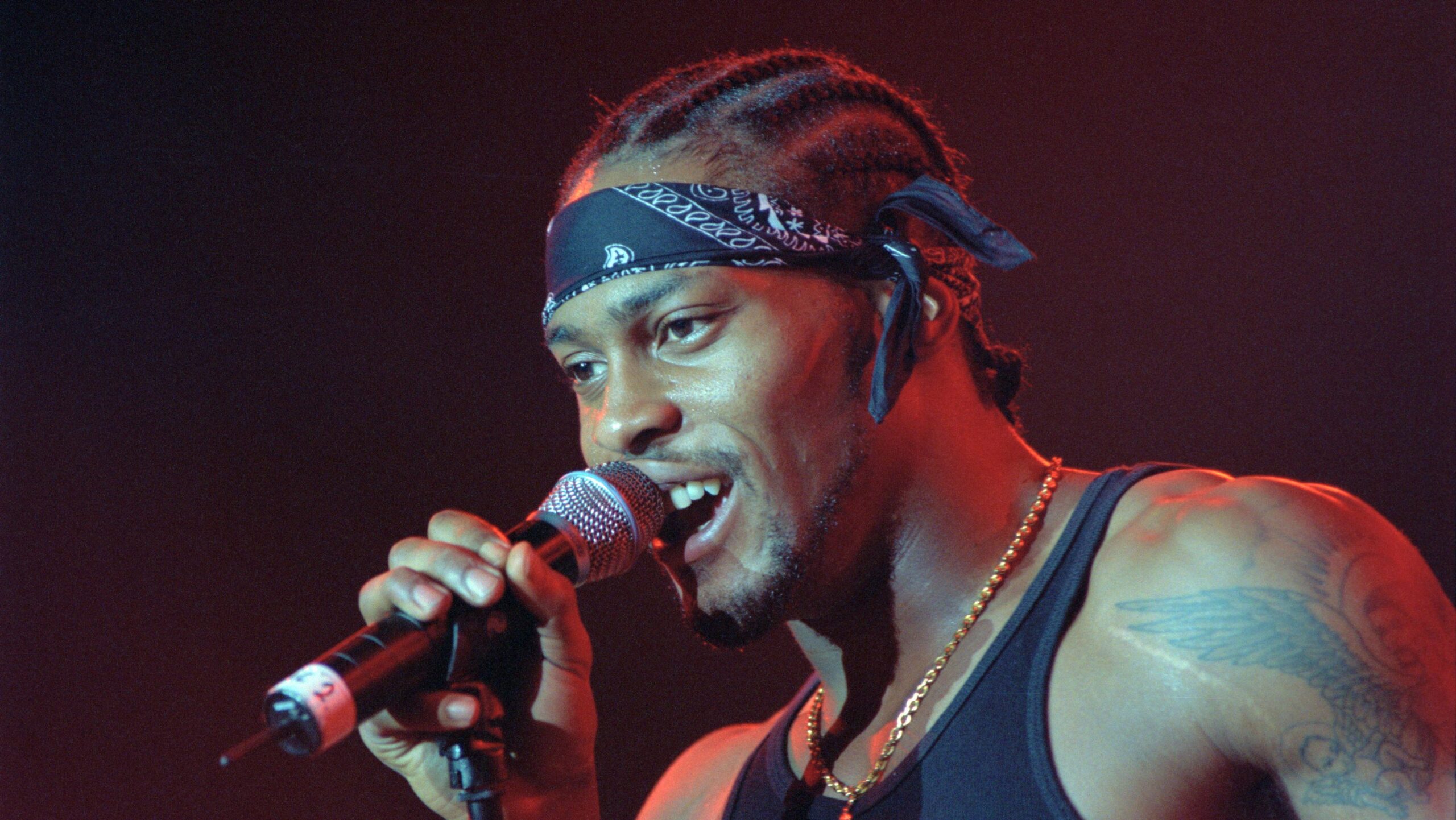D’Angelo, born Michael Eugene Archer, wasn’t just a musician; he was a cultural ambassador for Virginia. His soulful sound, deeply rooted in the state’s musical landscape, resonated worldwide. This article explores how his upbringing shaped his artistry and cemented his legacy as one of the most influential soul artists of our time.
From the local Battle of the Bands to collaborations with Lauryn Hill, D’Angelo’s journey reflects a commitment to craft and a profound understanding of love, loss, and Black identity. We delve into the key moments and influences that defined his career, highlighting his impact on music and culture.
Virginia’s Musical Landscape: The Foundation of D’Angelo’s Sound
D’Angelo’s musical journey began in Richmond, Virginia, a city brimming with talent yet often overlooked. He spoke of a vibrant local scene where musicians honed their skills in Battle of the Bands competitions, fostering a deep sense of community and artistic expression. This environment instilled in him a desire to not just perform, but to connect with his roots.
“Wasn’t nothing down there, and the funny thing about it is that it was all this talent. It’s mad talent down there,” D’Angelo said, reflecting on his home state. “My whole thing was I wanted to just be big enough to be in a band because they used to have Battle of the Bands all the time down there, and it was a big deal. It was a whole bunch of local talent, but nobody never really crossed that threshold.”
The Virginian Mystery: Privacy and Perfectionism
Throughout his career, D’Angelo maintained an air of mystery, rarely seeking the spotlight. His shyness underscored his dedication to perfecting his craft. This commitment was evident in his music videos and albums, each meticulously crafted to convey raw emotion and artistic vision. D’Angelo saw privacy as a nearly extinct concept, but tried to hold on to it for as long as he could.
The question arises: What does it mean to be eternal with an expiration date? D’Angelo never seemed like an artist we’d have forever. Hence why records like “Brown Sugar,” “Voodoo,” “Black Messiah,” and so many more are the artistic metabolism we all craved. Those songs don’t age because the artist takes on that burden.
Redefining Black Manhood: Vulnerability and Music
D’Angelo’s music redefined Black manhood by embracing vulnerability. In a society often at odds with Black history, he fearlessly explored themes of love, loss, and identity in his music. He revealed the power of vulnerability in a society historically at odds with Black history and Black people, and he put it all in the music.
He showed the world just how beautiful, complicated and rich Black love was. His ability to craft intricate tales of love traveled far beyond sexual intimacy — though he could do that well, too. D’Angelo longed for love and companionship, even if he himself were a complicated companion. He grieved over love.
Albums as Rebellion: Defying Expectations
Each of D’Angelo’s albums was not just a musical masterpiece but a form of rebellion. He dared to challenge societal norms and express the complexities of Black love and identity. Every album wasn’t just a classic, they were forms of rebellion. Because how dare this Black man, from a city that never truly let any resident forget Richmond was the capitol of the Confederacy, show the world just how beautiful, complicated and rich Black love was?
His ability to craft intricate tales of love traveled far beyond sexual intimacy — though he could do that well, too. D’Angelo longed for love and companionship, even if he himself were a complicated companion. He grieved over love. He battled addiction, which, in a sense, is a form of love, too. He allowed anyone who ever pressed play on his music to understand love was spiritual, sensual and chaotic. D’Angelo was an imperfect man singing to an imperfect audience.
A Lasting Impact: D’Angelo’s Enduring Legacy
D’Angelo’s influence extends far beyond his own discography. His music continues to inspire contemporary artists and shape the sound of modern soul. We can hear his DNA in records like Snoh Aalegra’s “I Want You Around,” Childish Gambino’s “Redbone,” Sampha’s “” and SZA’s “Snooze.”
In Virginia, we knew where D’Angelo grew up. We knew where he went to high school and just how vital Richmond and Chesterfield County were to his life’s story. And though it may not have had the musical fingerprint so easily identifiable, those of us from Virginia — in particular the central Virginia area aka “the 804” — we all knew. We knew him, but the mystery in him never allowed us to know him fully. That’s where the intoxication came from.
Conclusion: D’Angelo, an Educator of Love
D’Angelo’s legacy is one of artistic integrity, vulnerability, and profound musical expression. Through his music, he taught us about love, loss, and the complexities of the human experience. His impact on music and culture will continue to resonate for generations to come.
As humans, we search our entire lives for the purpose of showing love and what it actually is. Crossing the finish line isn’t essential. Knowing that love exists, in all forms, is. Because of that, history would and should remember D’Angelo as one of the world’s most necessary educators.

Leave a Reply